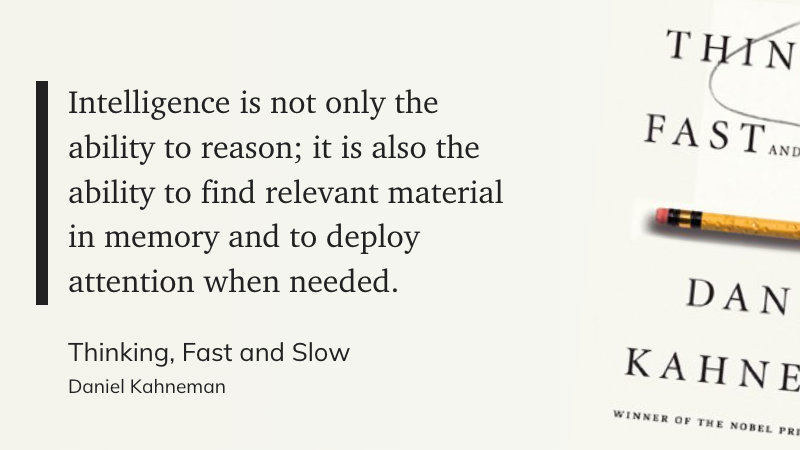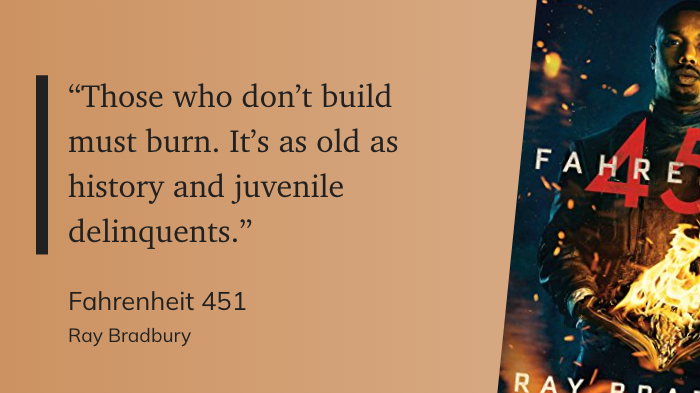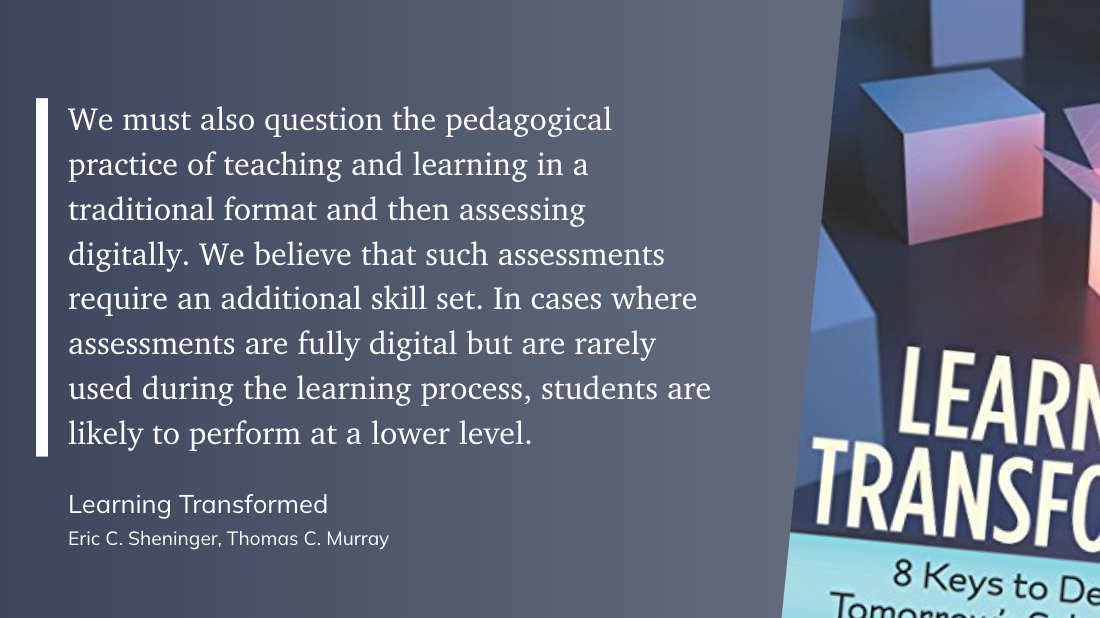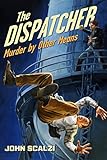Yes, there’s more to say about ChatGPT and how we can use it in education. I’m doing my best to develop productive uses of this technology to override all the Negative Ninnys out there in Luddite Land.
I won’t have an answer for everyone, but there’s a decent chance one of the ideas I share here could inspire you to use ChatGPT yourself.
Why Some Teachers May Fear ChatGPT and other AI Tools

First of all, let’s start here: Anytime a new technology is introduced into the world, people are apprehensive. This phenomenon is not exclusive to the education world.
New technologies can be intimidating and scary because they represent change and the unknown. People may be hesitant to adopt new technologies because they are unsure how they will work or fit into their existing way of life.
Additionally, new technologies can sometimes create uncertainty about the future and its impact on society. This fear of the unknown can lead to resistance to change and skepticism about new technologies.
For instance, bicycles were once thought to cause insanity and something called “bicycle face” that was a danger to a person’s health. Weird, I know, but totally true. Fearing new technology isn’t new.
Technology enthusiasts have to keep things in perspective when talking about new tools. Not everyone gets as excited as we do about disruptive tools, and not everyone immediately sees the potential. Patience, brethren. Change comes slowly.
Teachers might be uncertain of how to effectively incorporate ChatGPT into their classrooms, making them feel uneasy. To ensure successful implementation, teachers should become well acquainted with the tool beforehand and develop a strategy tailored specifically to it.
Another reason could be that they are concerned about the potential for the tool to be misused by students, for example, by using it to cheat on assignments or exams. Also, some teachers may be concerned about the impact of using a tool like ChatGPT on students’ critical thinking skills and ability to engage in deep learning and reasoning.
I should probably also mention that every input is being tracked, especially during this “research” phase of ChatGPT. OpenAI doesn’t hide this at all; they tell you that everything you type and every conversation generated is being tracked when you sign up. They even ask you for feedback when you get a generated response. Be aware of what is going on when using a tool like this.
Finally, there may be concerns about the ethical implications of using a tool like ChatGPT in the classroom, particularly with regard to issues such as privacy and the potential for bias in the tool’s responses. We’ve already seen the impact of widespread disinformation and how social media can influence opinions.
In case you’re curious, ChatGPT has some left-leaning and libertarian political bias.
How Can Teachers Use ChatGPT in the Classroom

On the other hand, teaching with ChatGPT offers educators many opportunities. The technology can be used to help students outline or organize their papers, and at its best, can serve as a powerful, fun-to-use digital tutor that works like an improved version of Google.
– Erik Ofgang
There are several ways that teachers can effectively use tools like ChatGPT in the classroom. One way is to use the tool to provide students with additional support and guidance as they work on assignments or projects.
For example, a teacher could use ChatGPT to help students brainstorm ideas, conduct research, or organize their thoughts. Additionally, the tool could provide personalized feedback to students on their work, helping them identify areas for improvement and providing them with guidance on making progress.
Another way that teachers can use ChatGPT effectively in the classroom is by incorporating it into activities designed to promote critical thinking and problem-solving skills. For example, the tool could be used as part of a debate or discussion activity, where students could use it to generate and evaluate different arguments and perspectives on a given topic.
This can help promote deep learning and reasoning and encourage students to think more critically about the information and ideas they encounter.
Additionally, teachers can use ChatGPT to create engaging and interactive learning experiences for their students. For example, the tool could be used to create interactive quizzes or games where students can ask questions and receive answers in real time. This can help keep students engaged and motivated and provide a more dynamic and interactive learning experience.
Overall, the key to effectively using tools like ChatGPT in the classroom is to be creative and to find ways to integrate the tool into teaching and learning activities in a meaningful and engaging way. This can help to enhance students’ learning experiences and promote critical thinking and problem-solving skills.
Thanks for reading. Get access to exclusive content and expert insights on technology, teaching, and leadership by subscribing to my newsletter. Stay up-to-date on the latest trends and join our community of professionals and educators worldwide.










































